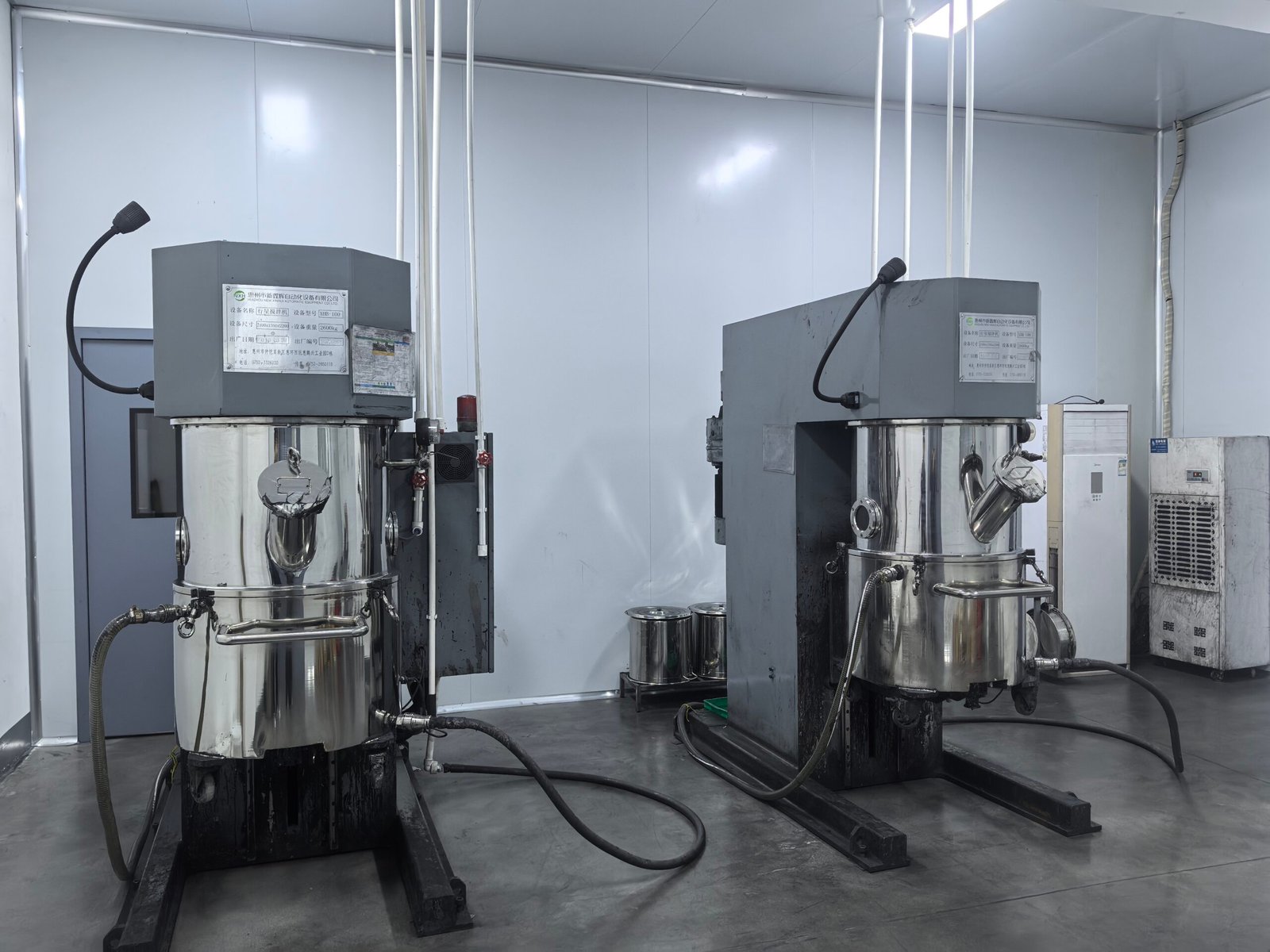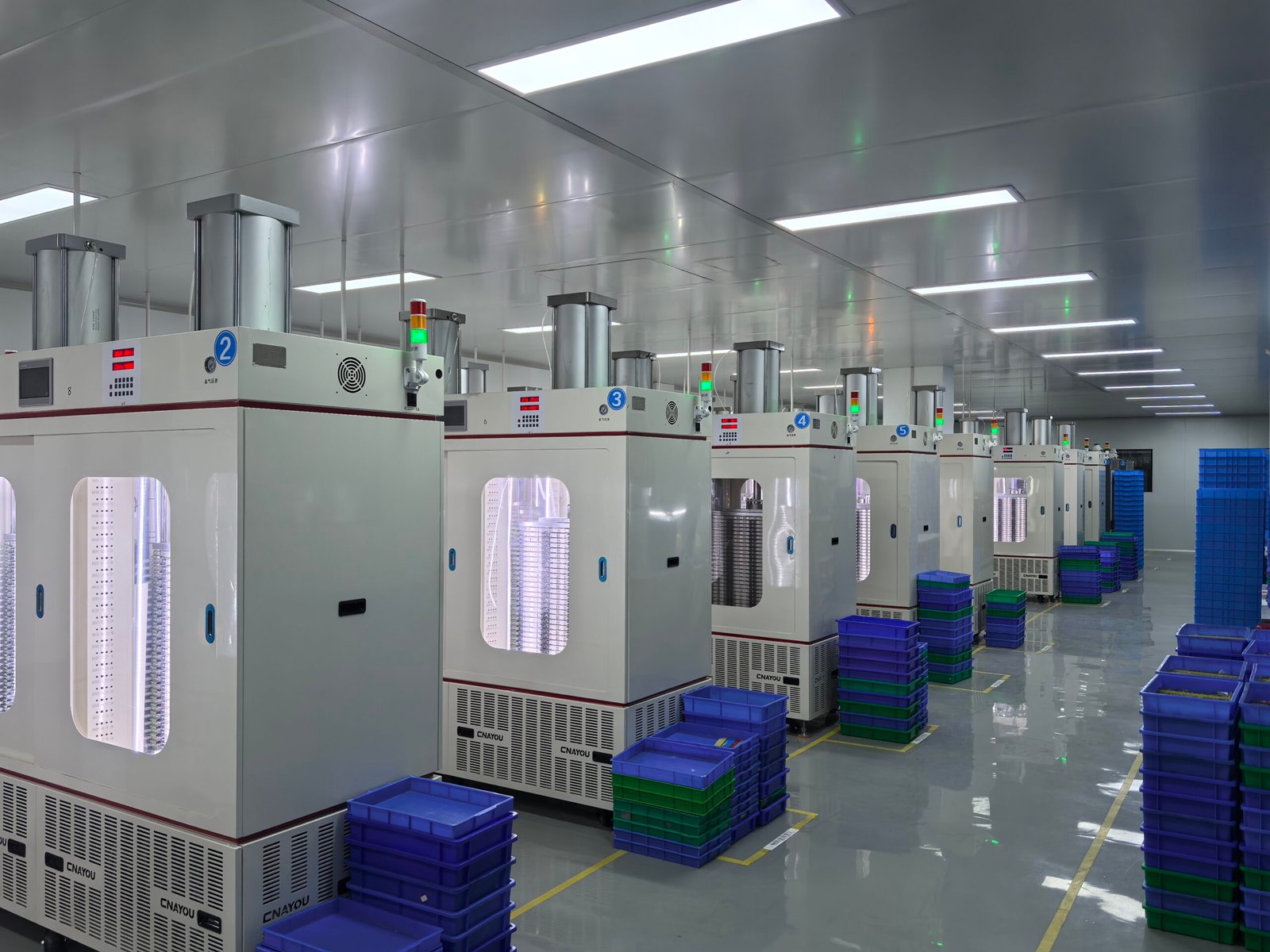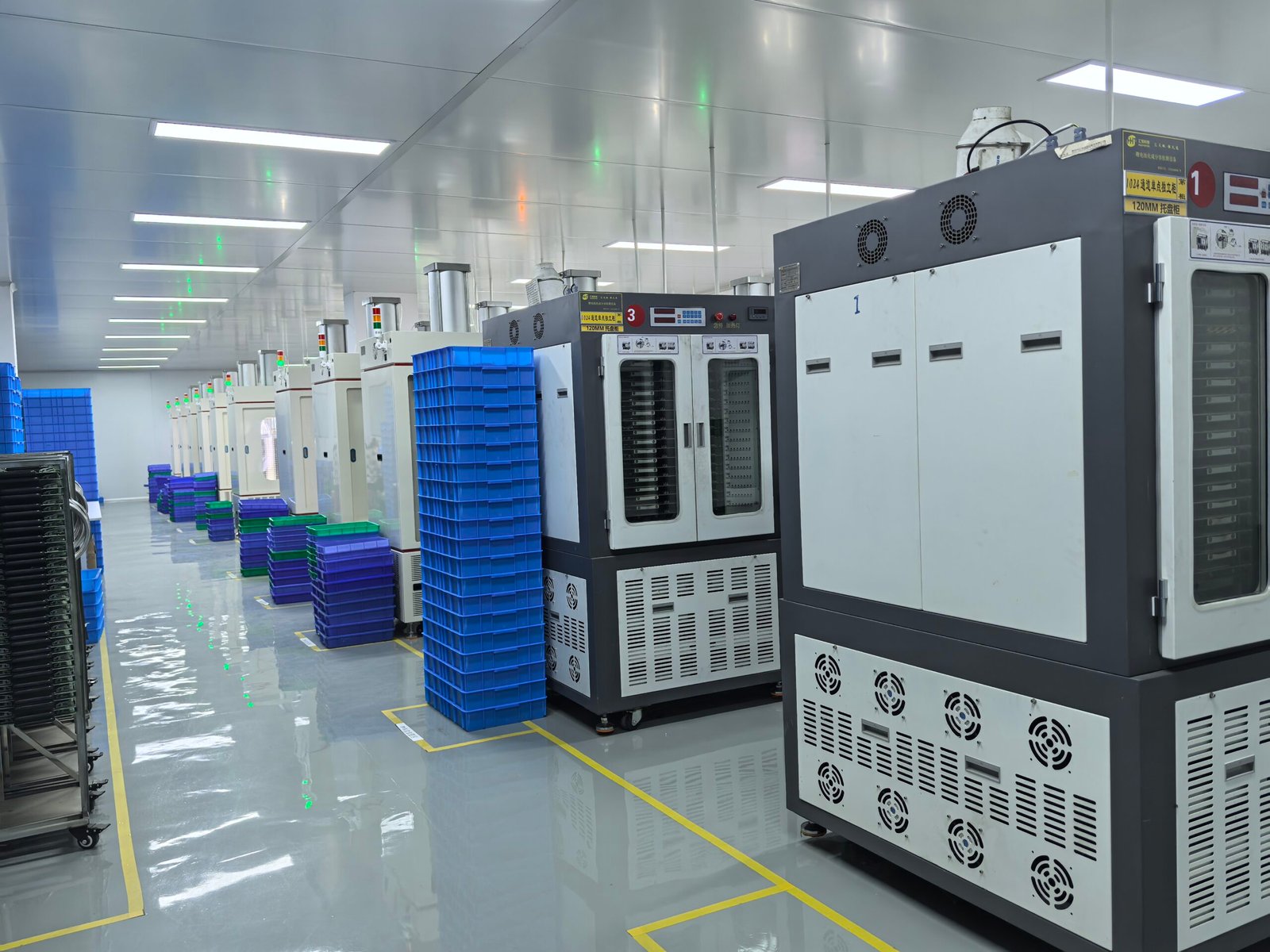
Choosing between Lithium-ion (Li-ion)1 and Lithium Polymer (LiPo) batteries can be challenging. Each type has unique benefits, but which one is the best fit for your application? Let's explore their differences in detail2.
Lithium-ion batteries3 offer high energy density and long lifespan, making them ideal for high-power applications. Lithium Polymer batteries4, on the other hand, provide flexibility in shape and lightweight construction, making them perfect for compact devices.
By understanding their pros, cons, and applications, you can make an informed decision about the right battery for your needs.
Table of Contents
ToggleWhat Are Lithium-ion Batteries?
Lithium-ion batteries5 have been the industry standard6 for years, powering everything from smartphones to electric vehicles. But why are they so popular?
Lithium-ion batteries use a liquid electrolyte to move ions between the anode and cathode. They offer high energy density7, a long lifespan8, and a relatively low self-discharge rate, making them reliable for long-term use.

Key Features of Lithium-ion Batteries:
- High Energy Density9: These batteries store a large amount of energy in a compact size, making them ideal for electric vehicles, laptops, and energy storage systems.
- Long Lifespan10: Typically lasting 2-3 years or 300-500 charge cycles.
- Low Self-Discharge: Retains charge longer when not in use.
- Safety Concerns: Overcharging or extreme temperatures can lead to thermal runaway11, swelling, or fire hazards. Modern safety features help mitigate these risks.
Applications of Lithium-ion Batteries:
| Application | Reason for Use |
|---|---|
| Smartphones | Compact & long-lasting |
| Laptops | High energy efficiency |
| Electric Vehicles | High power output |
| Solar Energy Storage | Reliable performance |
For businesses like ours, which supply custom lithium-ion battery packs, understanding these characteristics ensures product compatibility, safety, and reliability.
What Are Lithium Polymer Batteries?
Lithium Polymer (LiPo) batteries have been gaining popularity due to their lightweight design and flexibility12. But how do they compare to traditional Li-ion batteries?
LiPo batteries use a gel-like or solid-state electrolyte13, making them more adaptable to different shapes and sizes. They offer higher energy density potential14 but require careful handling.

Key Features of Lithium Polymer Batteries:
- Flexible Shape: The solid or gel electrolyte allows batteries to be molded into thin and compact designs.
- Higher Energy Density Potential15: More power in a smaller, lighter form factor.
- Higher Self-Discharge Rate16: LiPo batteries may lose charge faster when not in use.
- Vulnerability to Damage17: The soft structure makes them more prone to punctures and swelling.
Applications of Lithium Polymer Batteries:
| Application | Why Choose LiPo? |
|---|---|
| Wearable Tech | Ultra-light & flexible |
| Drones | High power-to-weight ratio |
| RC Vehicles | Compact & high output |
| Tablets | Slim & efficient |
LiPo batteries require specialized chargers and careful monitoring during charging to prevent damage or fire hazards.
Lithium-ion vs Lithium Polymer: Key Differences
| Feature | Lithium-ion (Li-ion) | Lithium Polymer (LiPo) |
|---|---|---|
| Battery Composition | Liquid electrolyte | Gel/solid-state electrolyte |
| Energy Density | High | Higher potential |
| Safety | Can overheat but has protective circuits | More stable but prone to physical damage |
| Durability | Rigid & sturdy | Flexible but more fragile |
| Charging Requirements | Standard chargers | Requires specialized chargers |
| Applications | High-power devices | Compact, lightweight gadgets |
Choosing the Right Battery for Your Needs
- If you need high energy density and longevity, go for Lithium-ion batteries. They are perfect for electric vehicles, laptops, and energy storage applications.
- If you need a lightweight, flexible battery, opt for Lithium Polymer batteries. They are ideal for drones, smartwatches, and other compact electronics.
Factors to Consider When Choosing:
| Factor | Best Battery Type |
|---|---|
| Long Battery Life | Lithium-ion |
| Compact & Lightweight | Lithium Polymer |
| High Power Output | Lithium-ion |
| Flexible Design | Lithium Polymer |
Conclusion
Both Lithium-ion and Lithium Polymer batteries have their strengths, and the best choice depends on your specific needs. Li-ion batteries are perfect for high-power applications, while LiPo batteries shine in lightweight and compact designs.
At SY Battery, we offer customized Li-ion and LiPo battery solutions tailored to various industries. Whether you need a high-capacity battery for industrial applications or a compact battery for wearable tech, we’ve got you covered.
Looking for a Custom Battery Solution?
Contact us today to find the perfect power solution for your business!
-
Discover the unique benefits of Lithium-ion batteries and see if they suit your needs better than other types. ↩
-
Understanding the differences in detail can help you make an informed decision on which battery type to choose. ↩
-
Explore this link to understand why Lithium-ion batteries are preferred for high-power applications due to their energy density and lifespan. ↩
-
Discover the unique advantages of Lithium Polymer batteries, especially their flexibility and lightweight design for compact devices. ↩
-
Explore the benefits of Lithium-ion batteries to understand why they dominate the market for portable power solutions. ↩
-
Learn about the factors that contribute to Lithium-ion batteries being the preferred choice in various applications. ↩
-
Learn why high energy density is crucial for battery performance and how it impacts device efficiency. ↩
-
Discover the factors that enhance the longevity of Lithium-ion batteries and their implications for sustainability. ↩
-
Explore this link to understand how high energy density batteries enhance performance in electric vehicles and other applications. ↩
-
Discover insights on battery lifespan and how it impacts device usage and sustainability. ↩
-
Learn about thermal runaway, its dangers, and prevention methods to ensure battery safety. ↩
-
Understanding the benefits of lightweight design and flexibility can help you choose the right battery for your needs. ↩
-
Exploring how these electrolytes function can provide insights into the performance and safety of LiPo batteries. ↩
-
Learning about energy density potential can enhance your knowledge of battery efficiency and applications. ↩
-
Exploring this link will provide insights into how higher energy density can enhance battery performance and applications. ↩
-
Understanding the self-discharge rate of LiPo batteries can help you manage their usage and longevity effectively. ↩
-
This resource will offer practical tips on safeguarding your LiPo batteries from punctures and swelling, ensuring their durability. ↩

